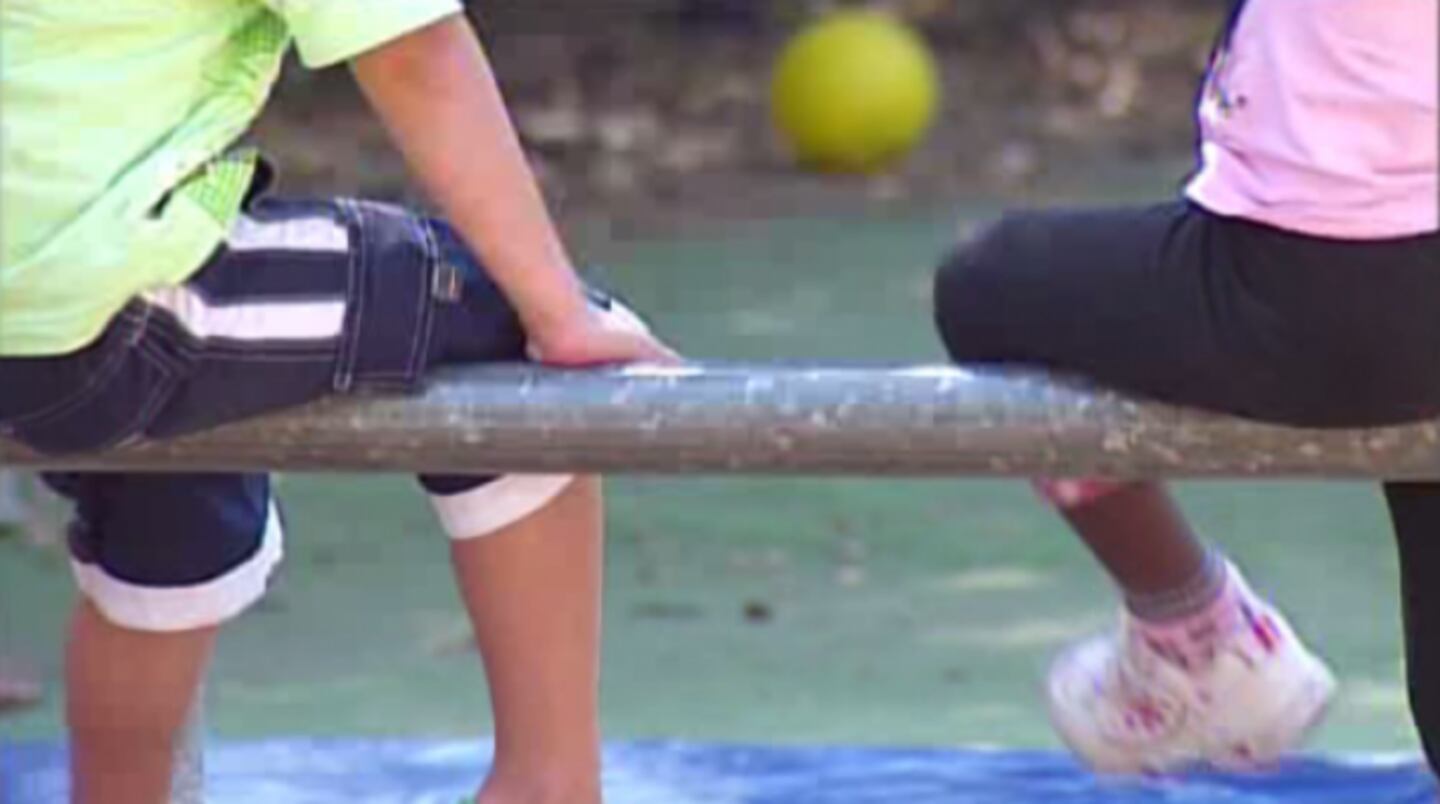Child poverty levels in New Zealand are still a major concern and according to The Salvation Army – Moving Targets report 2016, there has been limited progress in reducing these rates over the past five years.
The report says New Zealand children have the “worst relative position in terms of poverty when compared to European countries.”
Social Policy Analyst, Alan Johnson who authored the report identifies a growth in the economy and average household income, however he also identifies no substantial reduction of child poverty rates.
The report highlights that despite compelling advice given to the Government by the Children’s Commissioner outlining feasible ways to tackle child poverty there's been no significant impact on statistics.
The report says, “this lack of progress appears to be more about the Government’s priorities than a lack of resources.”
While Working for Families was introduced and overall benefit numbers have fallen, the report outlines that there will be no real measurable data or evaluation on the true effectiveness or impact this has on children living in poor households until 2019.
The report says, "This lack of any significant effort in monitoring the effects of policy on children’s material wellbeing is disappointing. "
According to the Social Development Minister Anne Tolley, the number of people on benefits is continuing to fall and the number of children in benefit dependent households has fallen by around 42,000 in the last few years.
Tolley says, "We have acknowledged there is an issue with children in hardship, and we’ve delivered on a promise to do something about it. We are focussed on taking steps to help those families living on the lowest incomes."
In Budget 2015 we announced a $790 million children in hardship package which will see the first benefits increase for 43 years. From April 1, beneficiaries with children will see benefit rates rise by $25 a week after tax, with most families receiving on average $23 a week extra."
We’re also increasing Working for Families payments to low-income families not on a benefit. In total, around half a million children will benefit from these changes," says Tolley



